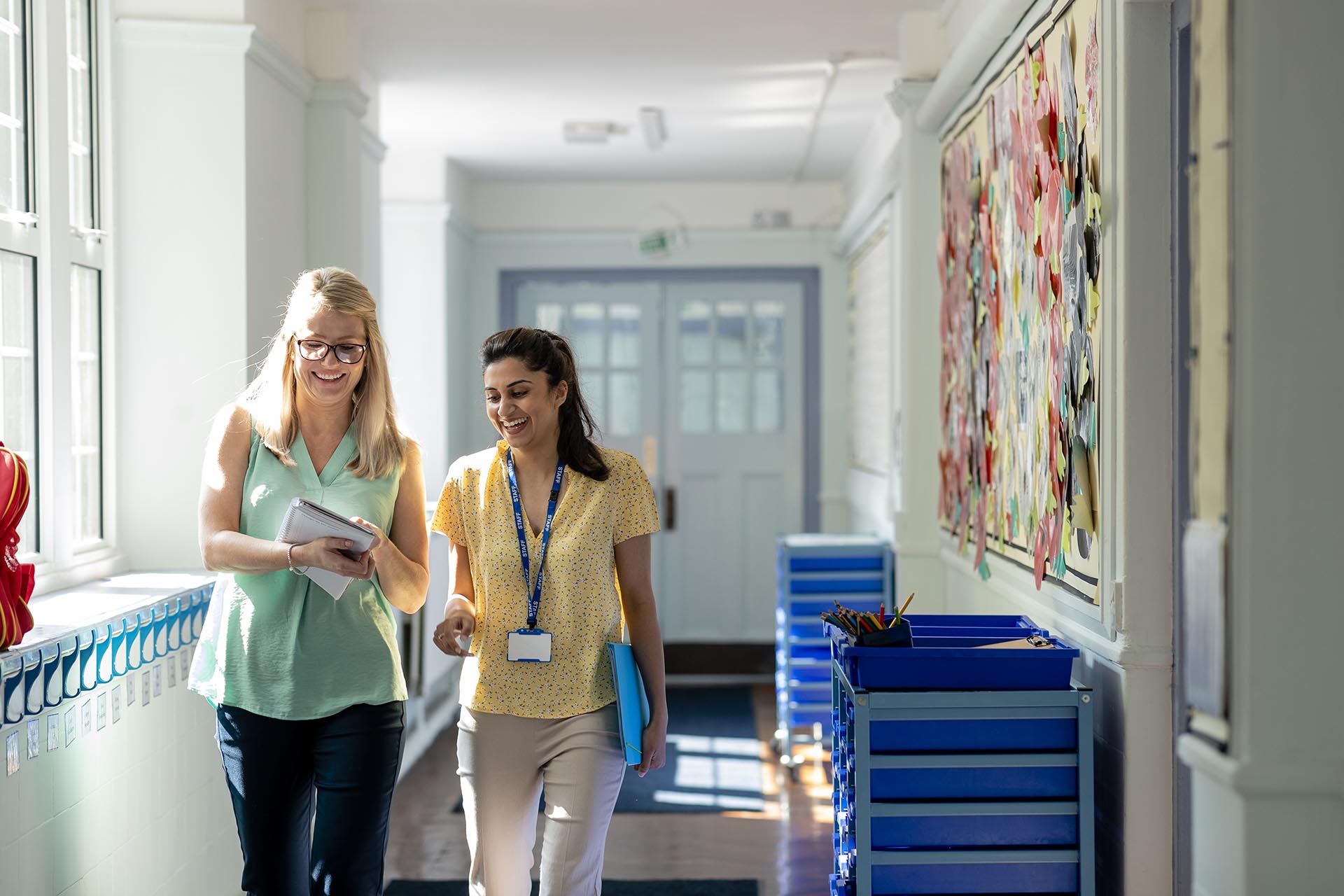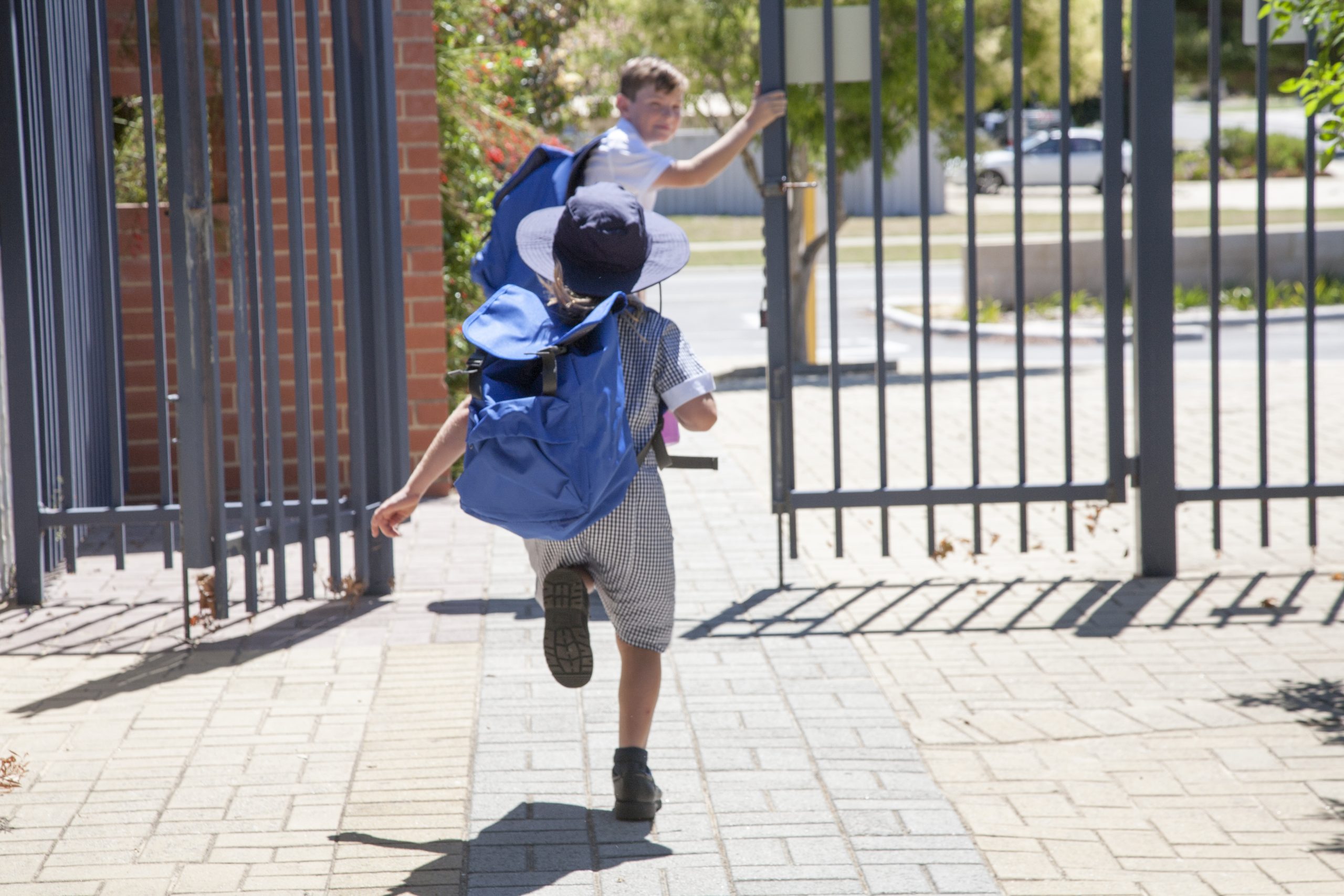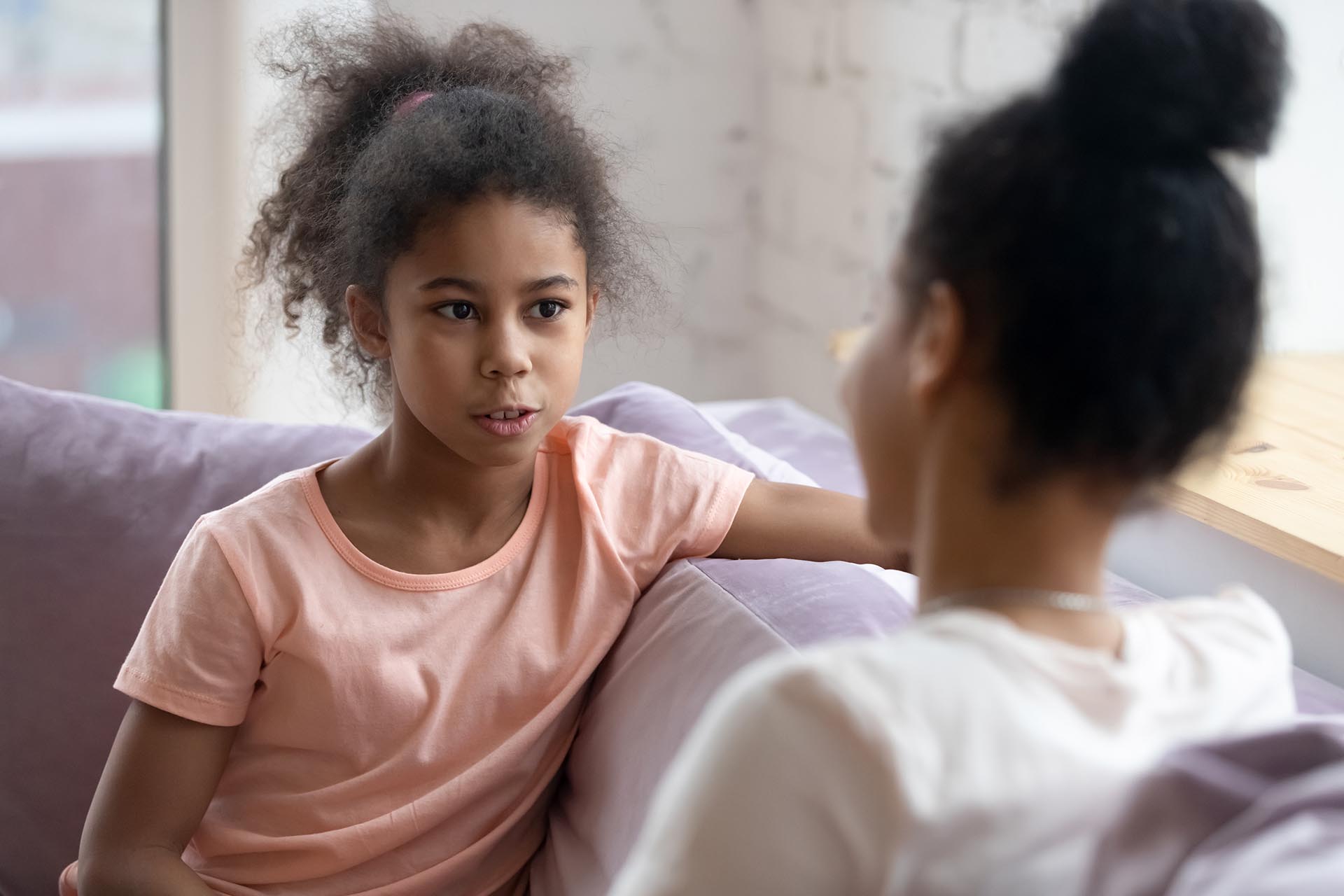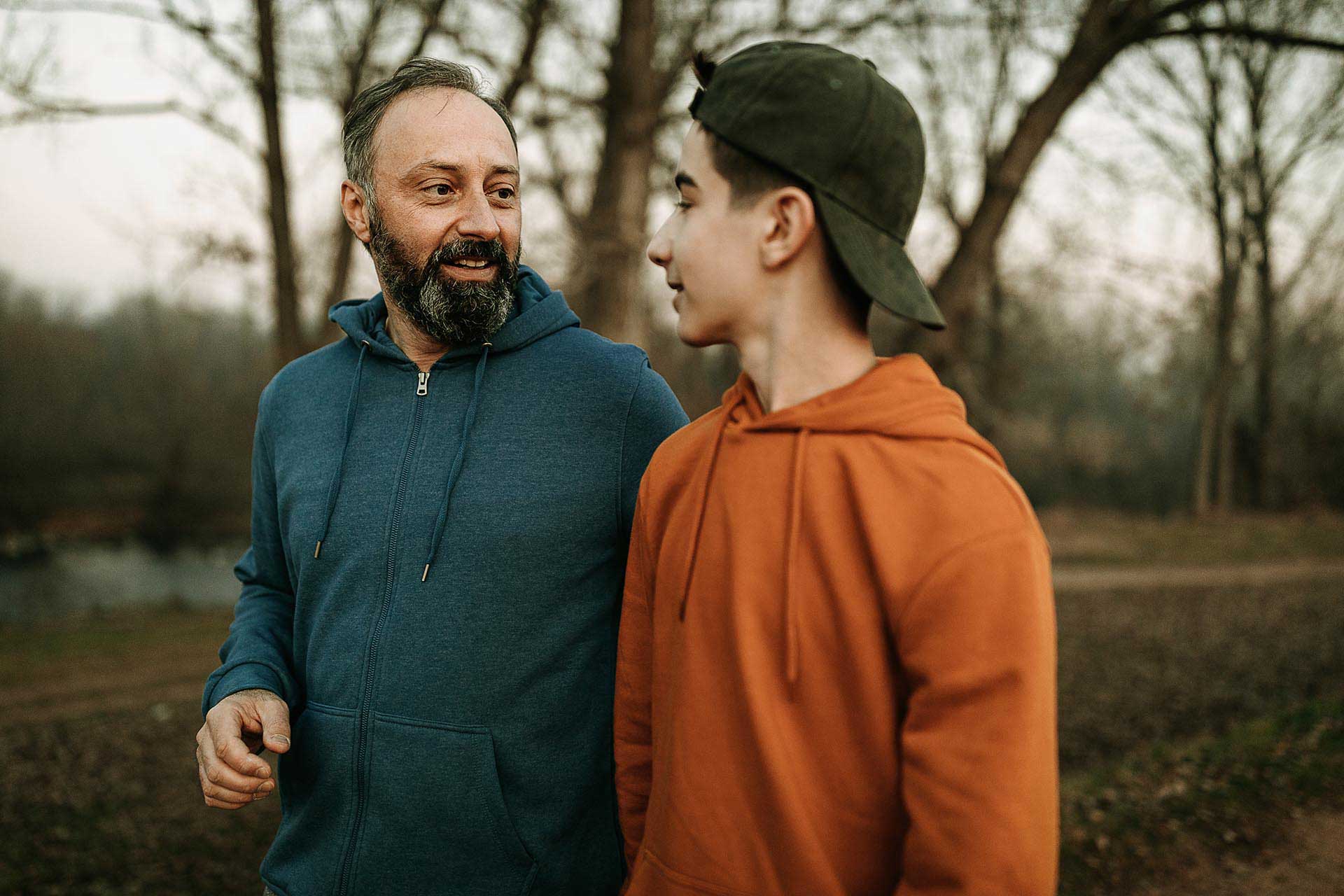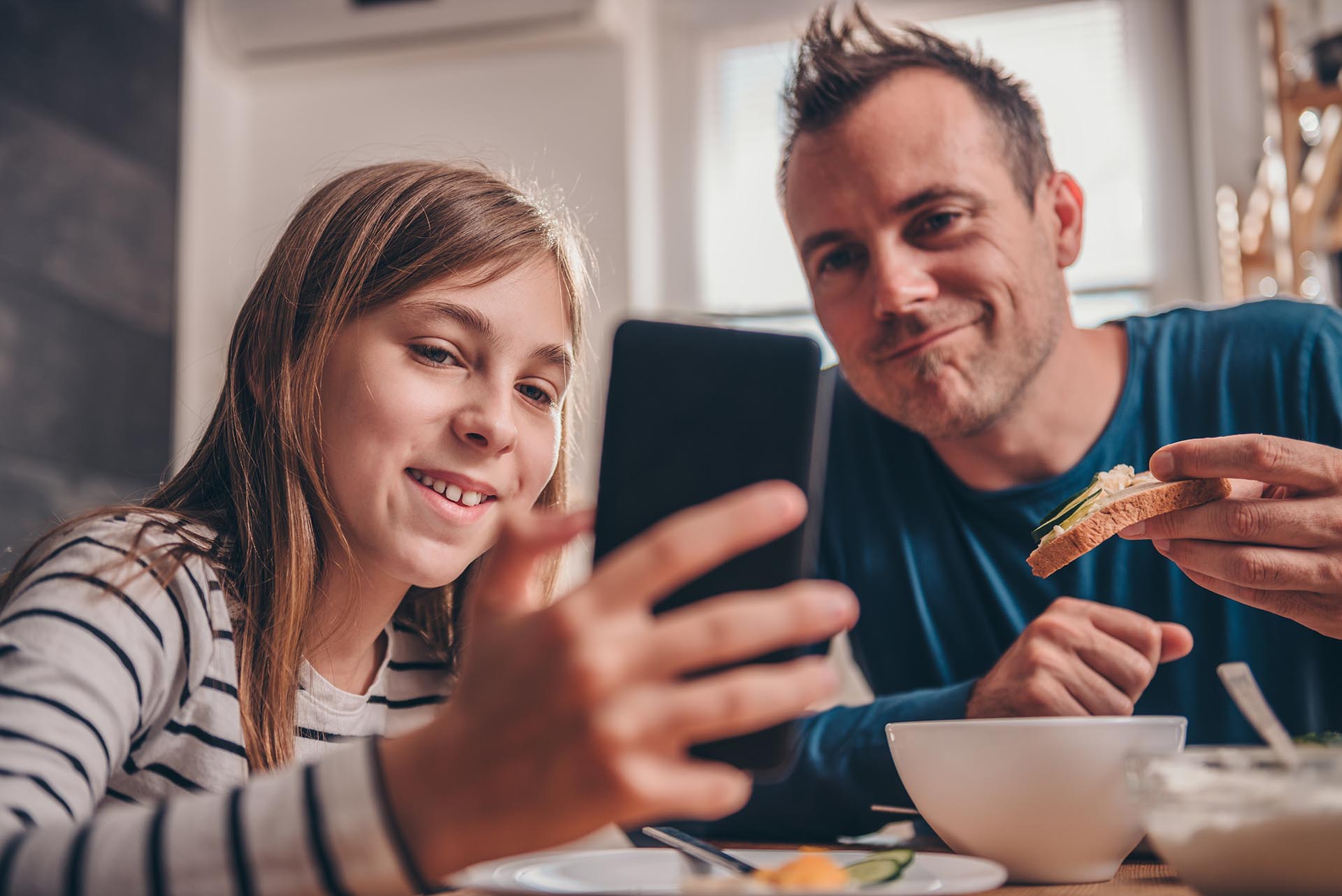Talking about covid-19 with your children
With the state in a stretching-out lockdown 4.0, we thought we’d dig up this post from our April 2020 newsletter. We know kids already know about the virus by now, but it’s good to check in and help ease their anxiety over another lockdown.
Give them facts
As parents and caregivers, it can be tempting to try and hide our children away from bad news, to protect them from worry. But children pick up on the anxiety of their parents, and when they don’t know what’s going on, it only increases their level of stress.
Instead, have a conversation where you lay down the facts about what’s going on, including what you do and don’t know. This video offers a quick rundown on what you need to know about COVID-19; you might want to watch it before you talk or watch it together. Keep your regular tone of voice, so don’t try and be overly calm, but try not to let stress creep in either. Speaking normally will help reassure your child that you’re not having an end-of-the-world conversation.
Anxiety often stems from what we don’t know, so the more information we give children, the more secure they’ll feel. It’s also important that you don’t wait for your child to ask you about the virus or this lockdown to talk. Some kids will be the kind to ask questions about everything, and others will keep their worries to themselves, but both types need to know.
Reassure them
While we want our children to be informed, of course, we should reassure them as well. Yes, they need to know the bad with the good, but focusing more on the positives can help settle their nerves. Let them know that illness due to COVID-19 infection is generally mild, especially for children and young adults, and that many symptoms can be treated. Let them know that many older or at-risk people are vaccinated now, with more becoming vaccinated every day. Talk about our excellent health care and hospitals, and how we’ve learnt how to handle the pandemic better since the last lockdowns. Remind them of all the effective things they can do themselves, like washing their hands and not touching their face.
Talk to them about the good that people are doing in the face of this pandemic. Show them heartwarming videos of people in lockdown, such as these Italians singing together across balconies, these Sicilian kids performing Coldplay, and this Kent family’s adaption of Les Mis. Look up videos of people in Britain gathering outside their homes to applaud NHS health workers, and together find out about the ‘bear hunt’ and rainbow drawings in windows. Ask them to think about fun things they can do at home they might not have had time to do in a while. And keep reminding them that although a few weeks can feel like a long time, this is temporary; eventually it will pass and things will go back to normal. Remind them that humans are strong and adaptable and that we will get through this together.
Get them to talk
Allowing your child the space and time to express their feelings about what’s going on is possibly the most important thing you can do. And you have to be proactive. Start by asking them questions. What have they been hearing and seeing? How do they feel about it? How might big events like this make us feel? Give them the opportunity to express their feelings will help to stop them from becoming overwhelmed.
You could say, ‘Can I check in with you for a bit? I just wanted to see how you’re feeling about being back in lockdown and back to online learning. How are you feeling about the virus? I know it might feel overwhelming now, but we’re in a much better place as a country than we were a year ago. We know what to do, and it will probably only be another week or two. I understand that doesn’t always help us stop being worried What are you thinking?’
It’s important they identify the names of their emotions and the sensations that come with them: what is grief, and what does it feel like? What about anxiety? Talking about ‘sadness’ is equally fine; the words don’t have to be high-level vocab. By being able to identify their feelings, they’ll be able to process them better.
Further reading
- Let’s talk: 5 tips for talking | download now


